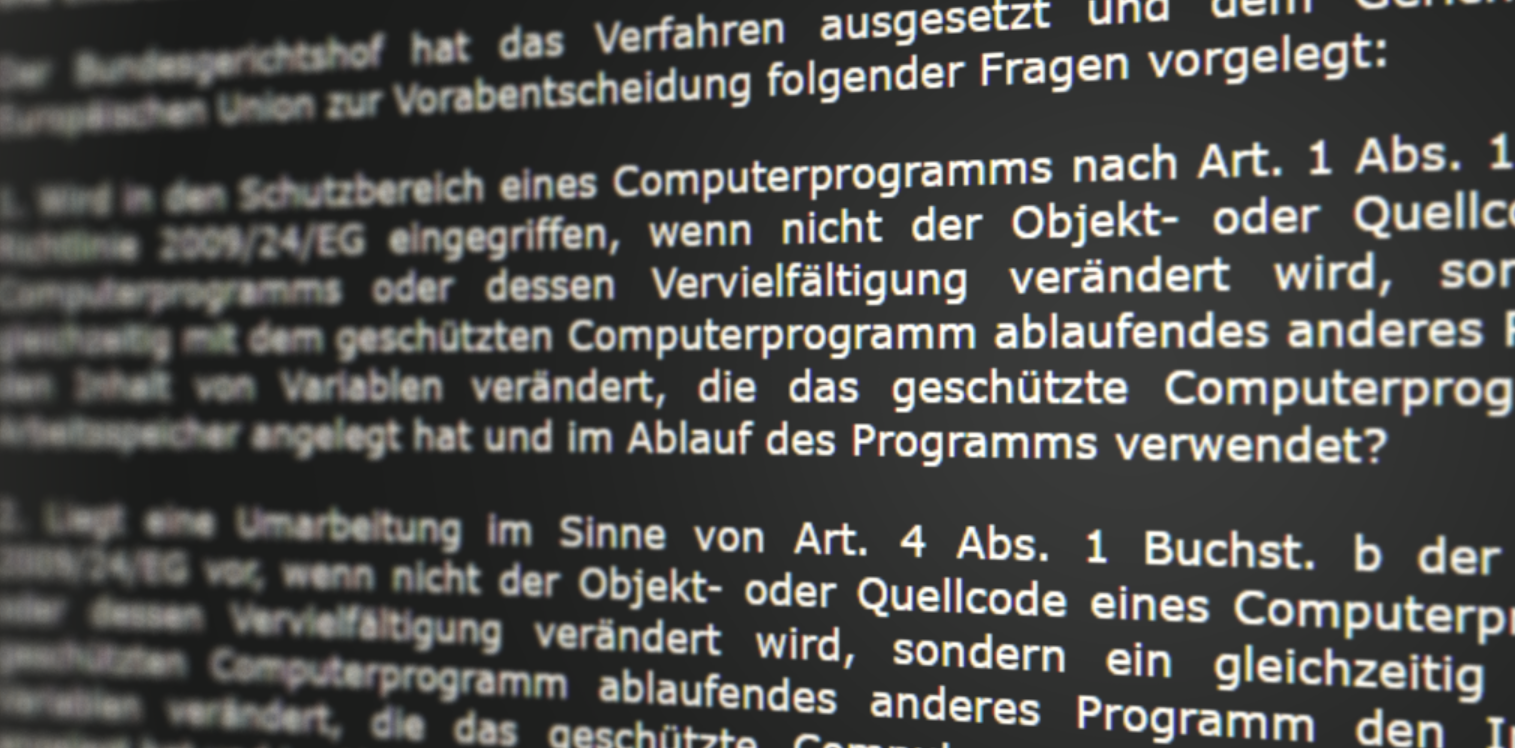Back in the 1980s, all computer nerds were familiar with Datel. The company produced peripherals for the 8-bit computers of the day, including RAM packs, keyboards, joystick interfaces, even sound samplers.
Datel’s venture into the new world of videogame cheat devices was more controversial. The company’s Action Replay range battled against Codemasters’ Game Genie, with the latter eventually backing out of the market. Datel went on to release products for mainstream consoles, facing legal action on the way.
One of those lawsuits saw Sony Computer and Entertainment sue Datel in Germany over cheat software produced for the Playstation Portable (PSP) console. The PSP was discontinued in 2014, but after more than a decade, Sony’s lawsuit is still alive and inching toward a conclusion – one way or another.
Sony Sends in the Lawyers
When Sony released the PSP in 2004, the race to run ‘homebrew’ software on the PSP also began. The inevitable game of cat-and-mouse saw Sony continuously updating PSP firmware, hoping to shut down exploits that allowed ‘backups’ and ‘homebrew’ to be played on PSP.
In parallel, Datel saw opportunities to ‘enhance’ the PSP with software that changed how games were supposed to be played. Gaming giant sony responded with a copyright infringement lawsuit targeting two companies and a director connected to the Datel products.
Hamburg Regional and Higher Courts Disagree
Datel’s software – Action Replay PSP and Tilt FX – enabled gamers to cheat in Sony games. An example in the lawsuit describes how restrictions on “turbo” availability in racing game Motorstorm Arctic Edge were bypassed. Datel’s product achieved this by manipulating code stored in the PSP console’s main memory.
In January 2012, the Hamburg Regional Court found largely in Sony’s favor. The Court found that Datel’s software intervened in the ‘program flow’ of Sony’s games and by changing the flow, the original code was modified to create a revision or derivative of Sony’s copyrighted work.
The Court ruled that it made no difference whether the modification occurred in the game software itself or in the data stored by the game in the PSP’s main memory. Even though the modification of data in memory was temporary, the Court said this still amounted to a revision under § 69c Nr.2 UrhG.
“The translation, adaptation, arrangement and other adaptation of a computer program” require permission from the copyright holder, the relevant section reads.
Datel filed an appeal and in 2021, the Higher Regional Court overturned the district court’s judgment and dismissed the action.
The Court found that the changes apparent in the gameplay were the result of “parallel commands on the variables stored in the main memory.”
The defendant’s software intervened by changing the effect of data stored in the game console’s main memory, but did not change commands in the game software itself.
Federal Court of Justice Appeal
Unhappy with the decision, Sony filed an appeal at the Federal Court of Justice (Bundesgerichtshof, BGH), Germany’s highest court.
On February 23, 2023, the BGH said it had stayed proceedings in the appeal and referred key questions to the Court of Justice of the European Union for a preliminary ruling.

The questions are as follows: (translated from German)
1. Is the scope of protection of a computer program according to Art. 1 Para. 1 to 3 of Directive 2009/24/EC (pdf) encroached upon if neither the object nor source code of a computer program or a copy is modified, but something else running at the same time as the protected computer program changes the content of variables that the protected computer program has created in the main memory and uses in the course of the program?
2. Does a revision exist within the meaning of Art. 4 (1)(b) of Directive 2009/24/EC if neither the object or source code of a computer program or a copy is modified, but something else running at the same time as the protected computer program modifies the content of variables that the protected computer program has created in the main memory and uses in the course of the program?
When the CJEU will publish its decision is unknown, but it’s unlikely to be anytime soon.
Details of earlier hearings and decisions here (1,2) and the referral here (3)
From: TF, for the latest news on copyright battles, piracy and more.
Source : Sony vs. Datel: Game Cheat Copyright Questions Referred to EU’s Top Court











